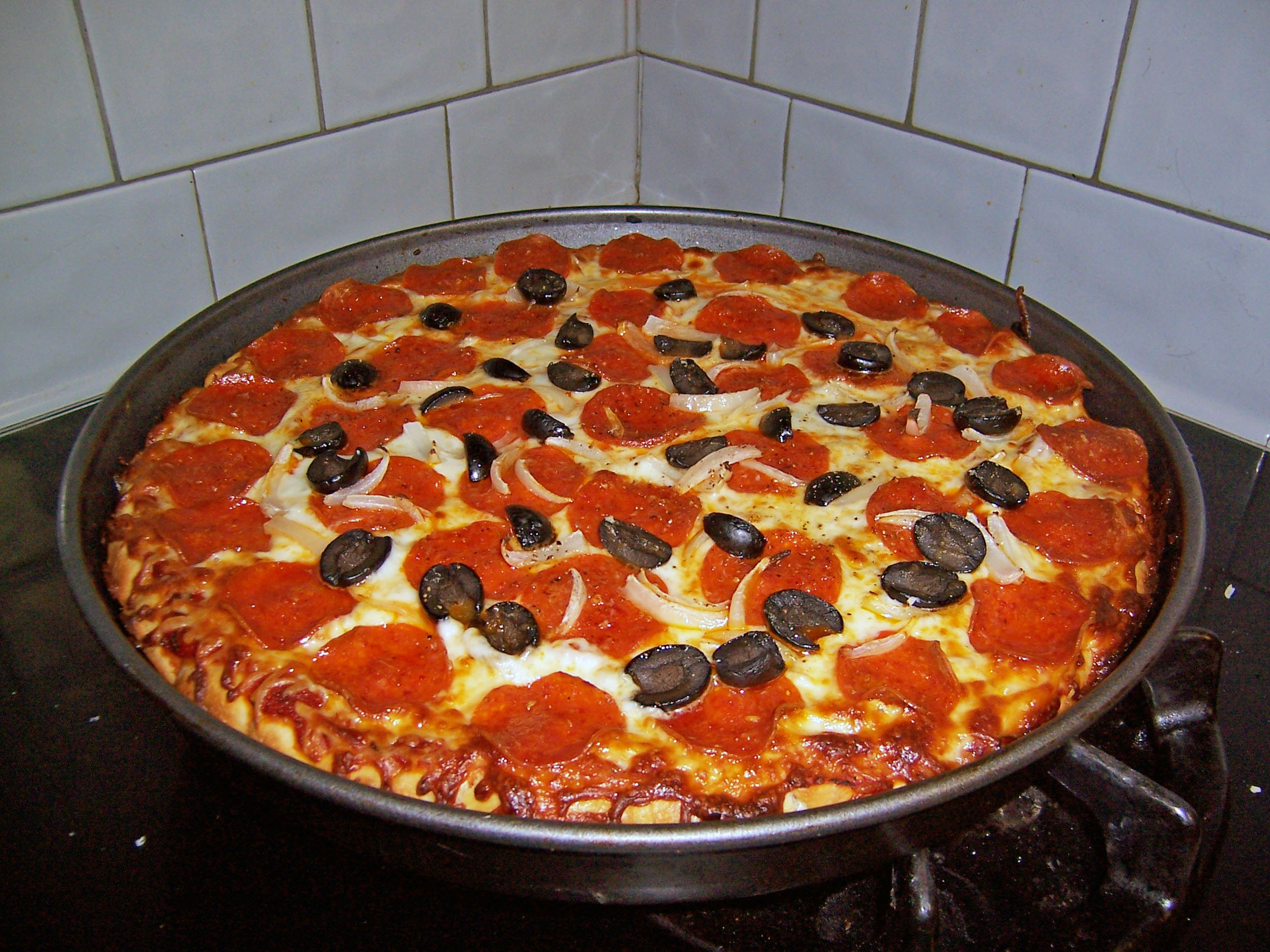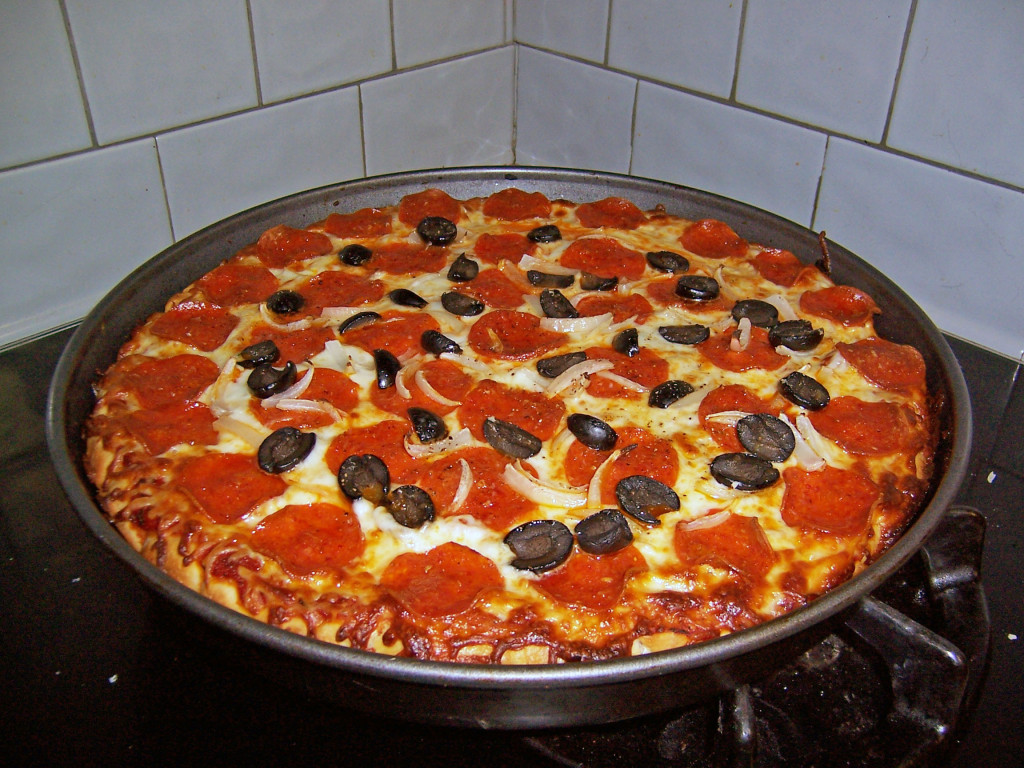The Physiological Benefits Of Cheat Meals
Aside from the mental and social aspects of cheat meals, there are actual biological and physiological benefits seen. Consuming these foods actually affects Leptin, a hormone that is produced by adipose tissue and is involved in the regulation of appetite in the body (acts as an appetite suppressant). When an individual is on a diet, Leptin levels decrease due to fat levels decreasing as well as there being a caloric deficit. When the Leptin levels go down, activity of the thyroid hormones and energy expenditure, or how much energy our body is utilizing, decreases.
On the other hand, when an individual consumes more food or has increased adipose tissue, Leptin goes up which in turn tells the hypothalamus (an area of the brain that releases hormones, some of which control hunger) to increase energy expenditure, increasing the amount of energy our body uses. Metabolism, which is the system involving hormones as well as enzymes that utilize food as fuel, is increased in this scenario and our satiety, or “full feeling” is signaled. These two opposite processes maintain our “lipostat,” which is the balance or set point of our normal fat levels.
Reverting back to the main topic at hand, with diets where individuals are in a caloric deficit for long periods of time, Leptin levels decrease substantially and metabolism slows down. Because Leptin is involved in fat oxidation, or the usage of fat as an energy source, thus increasing energy expenditure when in abundance, being on a calorically restrictive diet over an extended period of time is not beneficial to lose weight (this biological mechanism occurs with energy deficit because Leptin levels are lower). The key is to trick the body into increasing and activating Leptin levels, and this is where cheat meals come into play.
Although it seems paradoxical, cheat meals have the effect of increasing Leptin, thus maintaining balance in metabolism, which can be compromised with extended periods of restriction and dieting. In simple terms, cheat meals, which usually comprise of higher amounts of carbohydrates and calories, increase Leptin, and therefore can lead to increased metabolic rate or more specifically energy expenditure and fat oxidation. In this sense, fat and weight loss can be maintained over time without a plateau and prevent this negative affect that usually occurs with our metabolism. Also, carbohydrate consumption affects leptin while consuming more fat and protein doesn’t. That’s why cheat meals (or even clean carb meals) works to increase leptin while eating more protein fat meals doesn’t. Of course, these metabolic and hormonal systems are vastly more complicated, as Leptin sensitivity, Insulin Resistance among other factors play a role in these processes as well.





